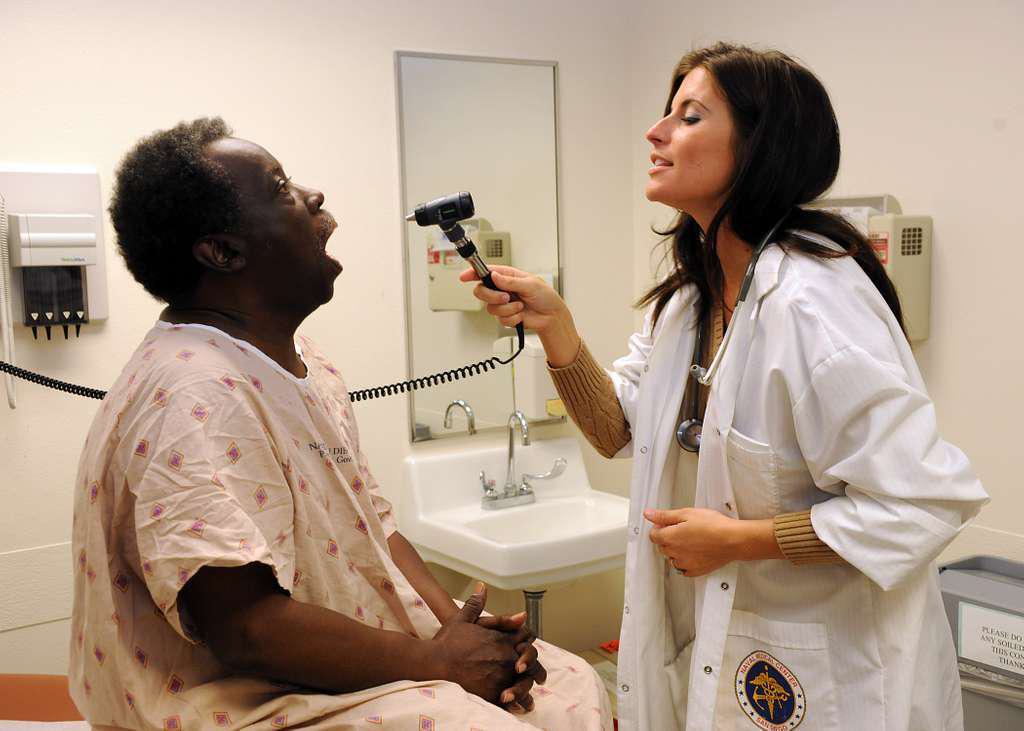Alabama’s health care establishment is again pushing for Medicaid expansion. Our poor health outcomes and rural health shortages certainly suggest the need for change. But instead of spending more tax dollars, Alabama could allow nurse practitioners (NPs) to practice independently based on their training.
Let’s start with an unfortunate truth: Alabama has a health care shortage. Specifically, the U.S. Health Resources and Services Administration classifies 58 of Alabama’s 67 counties as “health professional shortage areas” for primary care. A lack of access to care worsens health outcomes, particularly with diabetes, one of the health problems facing Alabamians.
There’s no magic solution, but fully using NPs would help. The number of NPs in the U.S. more than doubled between 2010 and 2017, from 91,000 to 190,000, growing much more quickly than the ranks of primary care physicians.
NPs are registered nurses who have earned master’s or doctoral degrees in nursing practice, completing clinical hours and passing national board certification. Most NPs choose primary care, which is comprehensive treatment for ailments not requiring a specialist.
Differences exist, of course, between physicians and NPs. Training for physicians is longer and more in depth, while NPs do not perform certain medical procedures. But both primary care physicians and NPs treat common conditions and provide referrals to specialists for more complicated cases.
NPs are fantastic health care providers, and Alabama could benefit from further utilizing them; however, we prevent NPs from fully utilizing their training by requiring them to work under the supervision of a physician. Supervision is either direct, with NPs seeing patients at the doctor’s office, or through a collaborative practice agreement. Such an arrangement requires the supervising physician to review the NP’s charts, taking time away from the physician’s own patients. It’s also expensive for NP’s, as a 2019 study in the Journal of Nursing Regulation found that NPs paid an average of $6,000 annually to collaborating physicians. This collaborative practice agreement can be canceled at any time.
Alabama’s NP restriction is a “scope of practice” regulation. A scope of practice rule limits dental hygienists from providing teeth cleaning or whitening services independently of a dentist. Not surprisingly, scope of practice rules reflect political considerations more than professionals’ expertise. States implement scope of practice restrictions, and as of 2022, 27 states allow nurse practitioners full practice authority; they can work independently and prescribe medication.
This variation in state rules allows researchers to examine how independent NPs perform, and studies confirm that NPs are perfectly good substitutes for physicians for primary care. A study in “Health Services Research” found that “patients reassigned to NPs experienced similar outcomes and incurred less utilization at comparable cost relative to MD patients.” A randomized control trial published in the “Journal of the American Medical Association” also found that NPs provide equivalent quality primary care.
Independence for NPs has additional benefits. NPs in states allowing independent practice work more hours. Dr. Mitchell’s research found that diabetics get better primary care in full practice states. And a 2019 paper in the “Medical Care Research and Review” found that the impact of additional NPs was most significant in rural and underserved areas.
Unlike most health initiatives, independent practice reform saves money. Increased primary care is preventative care. Detecting and treating problems early saves money.
Organizations like the National Governors Association and the AARP endorse independent practice for NPs. Giving NPs full practice authority will greatly contribute to the availability of primary health care and benefit rural areas without costing the taxpayers a penny. Let’s hope legislators make a healthier choice for Alabama and give NPs full practice authority.
David Mitchell is the Distinguished Professor of Political Economy at Ball State University and the director of the Institute for the Study of Political Economy.
Daniel Sutter is the Charles G. Koch Professor of Economics with the Manuel H. Johnson Center for Political Economy at Troy University and host of Econversations on TrojanVision.
The opinions expressed in this column are the authors’ and do not necessarily reflect the views of Ball State University, Troy University, or 1819 News. To comment, please send an email with your name and contact information to Commentary@1819news.com.
Don't miss out! Subscribe to our newsletter and get our top stories every weekday morning.










